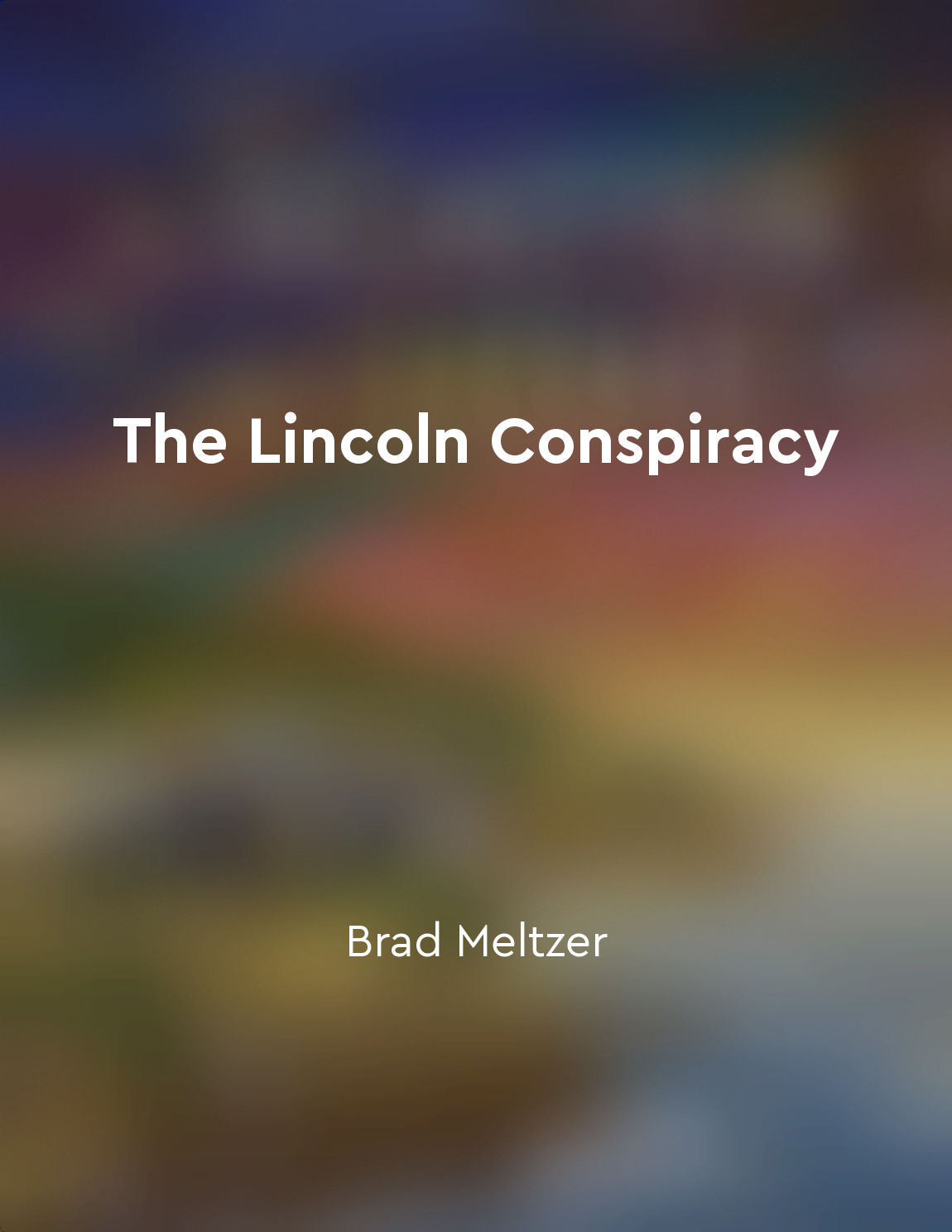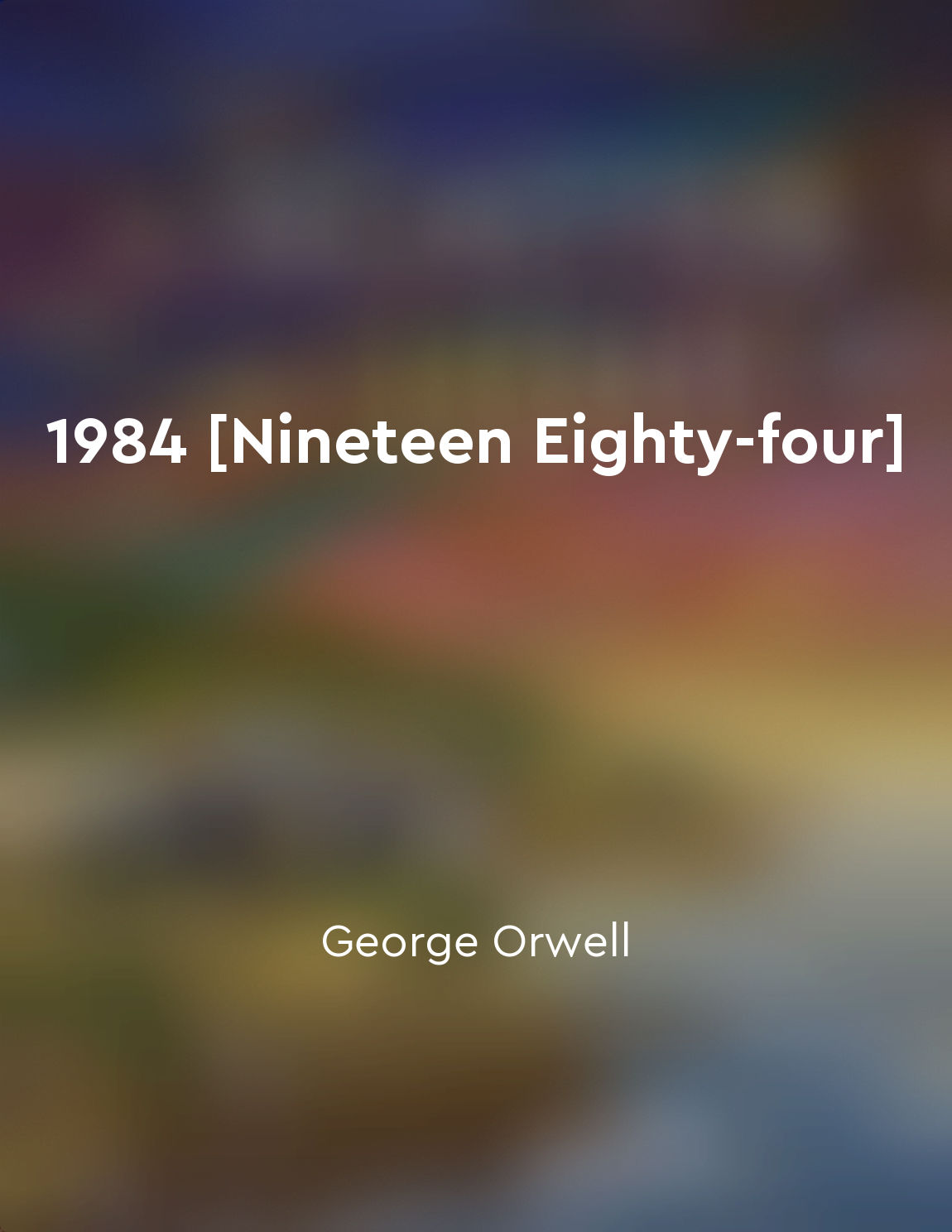Fear and paranoia are tools of control from "summary" of Darkness at Noon by Arthur Koestler
In the darkness of the cell, Rubashov sat alone with his thoughts. The silence was heavy, suffocating almost, broken only by the sound of his own ragged breathing. Fear gripped his heart like a vice, squeezing away any semblance of hope or defiance. Paranoia crept into his mind, whispering doubts and suspicions that twisted his reality into a nightmarish landscape. As he reflected on the events that had led him to this moment, Rubashov couldn't shake the feeling that fear and paranoia were not just byproducts of the system, but tools deliberately wielded by those in power. The Party had perfected the art of manipulation, using the threat of punishment and the specter of betrayal to keep its subjects in line. It was a cruel game, one where trust was a liability and loyalty a burden. The interrogation had been relentless, a barrage of questions and accusations designed to break him down, to strip away his defenses and expose his innermost thoughts. Every word he spoke was twisted against him, every truth distorted into a lie. In the end, it wasn't the physical pain that broke him, but the psychological torment, the relentless pressure to conform, to confess, to betray himself and others.- Rubashov realized that fear and paranoia were not just external threats, but internal demons that could consume even the strongest of wills. They were the tools of control, the weapons of the oppressor wielded against the oppressed. And as he faced the inevitable conclusion of his trial, he understood that resistance was futile, that the only way to survive was to surrender, to submit, to embrace the darkness that had enveloped him.
Similar Posts
Desperation breeds recklessness
Desperation is a powerful force. It can drive people to do things they never thought possible, to take risks they would never h...
He must decide between loyalty and the pursuit of justice
Reacher had always believed in doing what was right, no matter the cost. But now, he found himself facing a dilemma that tested...

Booth's escape after shooting Lincoln
After committing the heinous act of shooting President Lincoln, John Wilkes Booth knew he had to make a swift and elusive escap...
Doubt in one's own beliefs leads to selfdestruction
The human mind is a complex labyrinth of thoughts and beliefs, constantly questioning and reevaluating its own principles and c...
Fear and paranoia are tools of control
In the darkness of the cell, Rubashov sat alone with his thoughts. The silence was heavy, suffocating almost, broken only by th...
Justice is sacrificed for the greater good of the party
In the pursuit of the party's objectives, justice often becomes a casualty of the greater good. The concept of sacrificing just...
Friendship is a luxury in a totalitarian society
Friendship, as an institution rooted in trust and mutual support, stands in stark contrast to the oppressive nature of a totali...

Protagonist Winston rebels against Party's control
Winston, the central figure in this tale, dares to challenge the mighty grip of the Party. His very existence is a defiance aga...
European integration
The idea of European integration was based on a simple concept: the more European nations cooperated, the less likely they woul...

